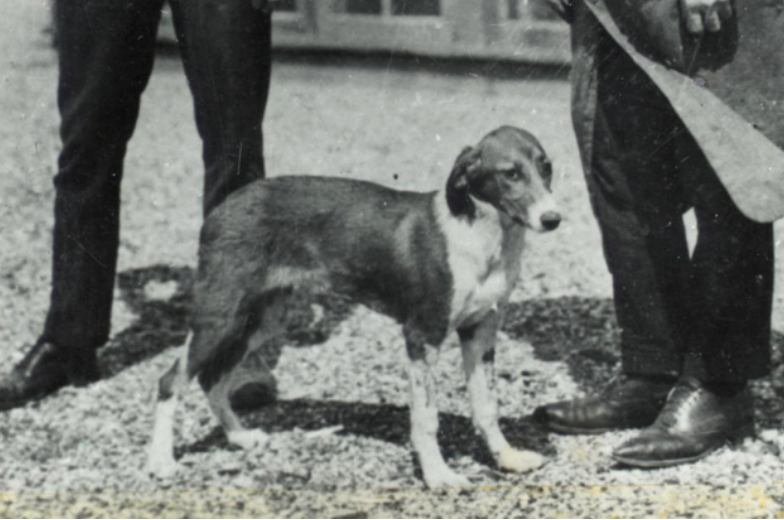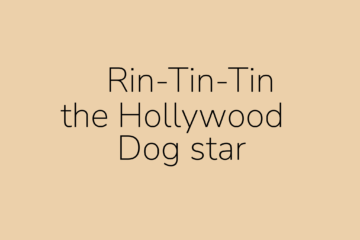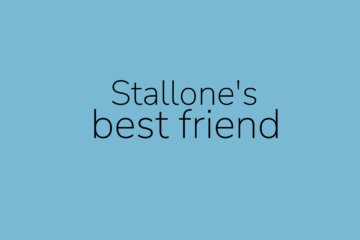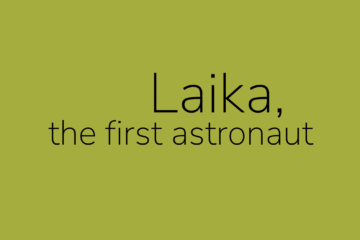
Em 1921, a vira-lata Marjorie (foto acima) viveu 70 dias sem o pâncreas antes de morrer. E isso ajudou a mudar a história da ciência. A retirada do órgão da cachorrinha fez parte de um experimento para isolar a insulina. Produzido no pâncreas, o hormônio ajuda a regular os níveis de açúcar no sangue. Como os portadores de diabetes tipo 1 apresentam uma deficiência dessa substância, a única saída para eles levarem uma vida normal é repor o hormônio. Hoje, a insulina injetável é sintetizada em laboratório. No passado, porém, era retirada de animais, como porcos e bois.
And the process started with dogs. The person responsible for this was Canadian physician Frederick Banting. He and his assistant, student Charles Best, conducted research to investigate the effect of injectable insulin on diabetic dogs. First, scientists created this diabetes in furry, rendering their pancreas useless. Then they applied insulin extracted from healthy dogs to inject insulin into diabetic dogs.
First, scientists created this diabetes in furry, rendering their pancreas useless. Then they applied insulin extracted from healthy dogs to check the results. Marjorie was the guinea pig that lasted the longest, paving the way for the development of the medication.
The effectiveness of injectable insulin in humans was proven months after the mutt died. Leonard Thompson, 14, who has been diabetic since he was 12, received an injection containing insulin taken from an ox. Symptoms of lack of the hormone, such as weakness and nausea, improved within a few days. In 1923, Banting and biochemist John Macleod won the Nobel Prize in Medicine for the feat. Macleod jumped in, as his only merit was coordinating the laboratory where the research took place, at the University of Toronto.
Banting shared the prize money with Best and transferred the insulin patent to the university for $1. Marjorie is not even mentioned on the Nobel’s official website. Before her, ten other dogs died during the experiment. Even today, the episode divides opinions on ethics and animal rights.




